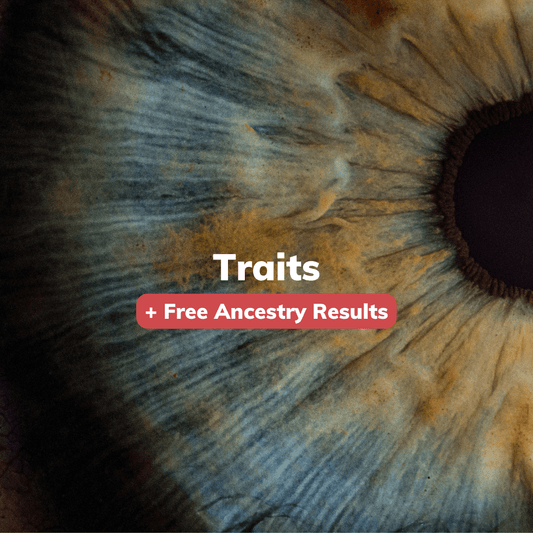
Cannabis Dependence: What You Need to Know
Celine HaarhoffCannabis, often sought after for its mind-altering properties, is a substance that sees varied responses among its users. While many individuals engage with cannabis on a casual basis without adverse repercussions, a segment of the population is more inherently susceptible to falling into a pattern of dependence, a phenomenon deeply entwined with one's genetic fabric.
The concept of genetic predisposition towards cannabis dependence revolves around the idea that certain individuals, due to their unique genetic constitution, are more prone to developing a reliance on this substance. This susceptibility is influenced by specific genetic elements that elevate an individual's risk for such dependence.
Certain genetic markers can render an individual more receptive to the intoxicating effects of cannabis, thereby escalating the likelihood of dependence. Moreover, these same genetic variants can predispose individuals to addiction more broadly, not just to cannabis, indicating a complex interplay between our DNA and addictive behaviors.
Cannabis dependence manifests through various symptoms indicative of a significant struggle to disengage from the substance. These symptoms include an overpowering desire to consume cannabis, challenges in controlling its usage, the necessity for increased quantities to achieve the same high – a phenomenon known as tolerance – and the emergence of withdrawal symptoms (such as irritability, anxiety, or sleep disturbances) upon cessation of use.
For those grappling with these symptoms, seeking medical advice is crucial. Healthcare professionals can offer a diagnosis and tailor treatment strategies to manage cannabis dependence effectively.
The potential for a genetic predisposition to cannabis dependence underscores the importance of genetic testing. Such tests can unveil specific genetic variants that heighten the risk of dependence, offering individuals valuable insights into their personal risks associated with cannabis use.
Armed with the knowledge of a heightened genetic risk, individuals can make informed decisions regarding their cannabis consumption. It's suggested that for those identified at higher risk, strategies might include complete abstinence, moderated use, or seeking professional help if dependence symptoms are already present.
Moreover, understanding one's genetic predisposition to cannabis dependence can significantly influence treatment approaches. Healthcare providers might adjust treatment plans to better suit individuals with specific genetic risk factors, optimizing the chances of successful recovery.
In essence, the intertwining of genetics with the risk of cannabis dependence highlights a critical area of consideration for both individuals and healthcare practitioners. By acknowledging the role of genes, DNA, and genetic predispositions in the context of cannabis dependence, there is a pathway not only towards more personalized prevention strategies but also towards more effective treatment modalities, paving the way for a deeper understanding and management of dependence on cannabis.
Discover your genetic predisposition to cannabis here!


